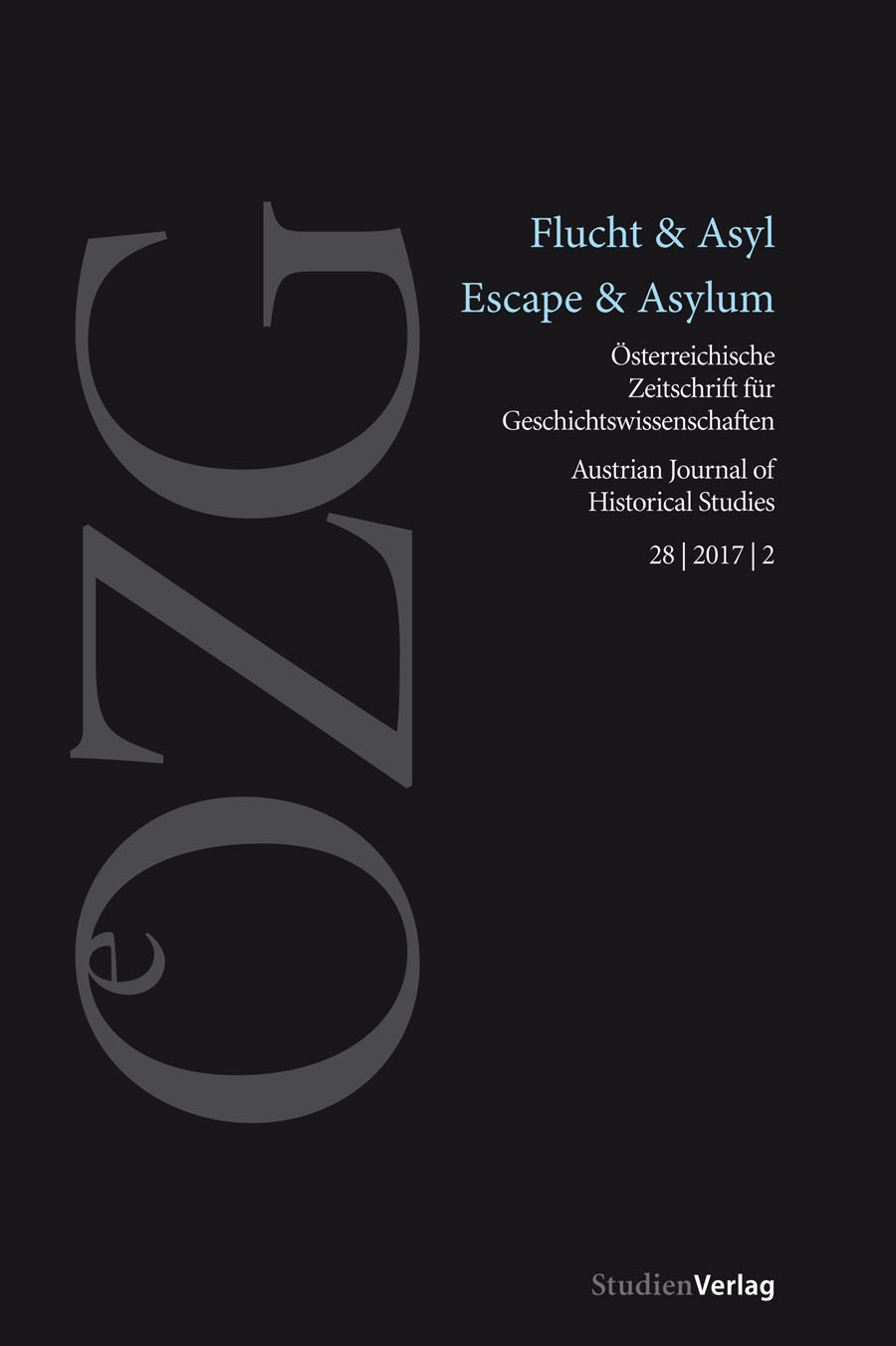The Fröhlich Institute, 1849–1889
Women as girls’ school owners in 19th century Vienna
DOI:
https://doi.org/10.25365/oezg-2017-28-2-8Schlagworte:
Betty Fröhlich, Marie Fröhlich, Possanner von Ehrenthal family, Female School Owners, Girls’ Education, Gender Roles, Habsburg EmpireAbstract
Abstract: At the end of the 18th century a new school form emerged in numerous European towns and cities – the private educational institute for girls. Taking the example of the sisters Betty and Marie Fröhlich, whose educational institute in the Viennese city centre shaped generations of girls, this article investigates the closer circumstances of middle class women who established and maintained such institutes in 19th century Vienna. The school form is embedded into the European context on the basis of a travel report by the institutes owners Betty and Marie. In narrowing down the scope, the development of girls’ institutes in Vienna is illustrated through several examples of other girls’ school owners. The Fröhlich institute stands exemplary for a range of aspects: how middle class women created opportunities for themselves and others, the use of communication channels to advertise their businesses, the balancing act of displaying the adherence with ideal gender roles whilst carving out public and commercial spaces, the ambivalences and simultaneities in the content of education itself, and the way these publicly visible women were a resource for their surroundings.


